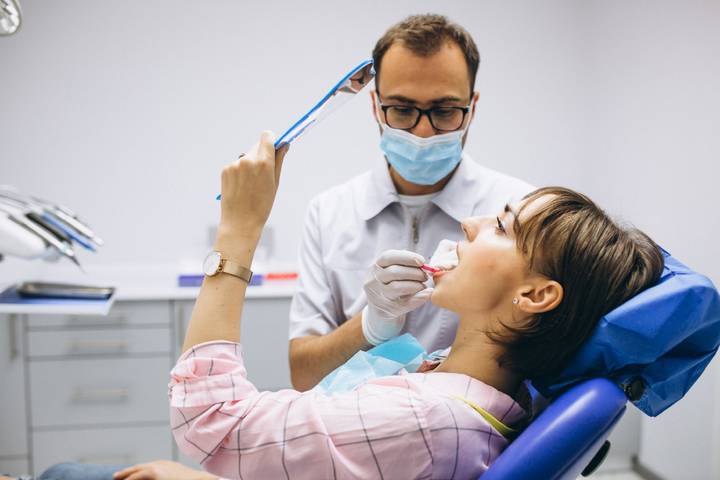The field of dental science has seen some tremendous changes in the last few years and has evolved. One of the key factors in this process can be attributed to the growing awareness amongst people about oral hygiene. People are seeking dental care and are driven towards maintaining good oral hygiene now more than ever.
When we talk about dentistry, our imagination is somewhat limited to a dentist. However, in the United Kingdom, you come across dental hygienists and dental therapists working in various dental establishments. A patient seeking dental care can visit them before they visit a dentist. Before we begin with the difference between the two let us take a moment to understand what do these terms mean.
The dental hygienists and dental therapists come into the category of Dental Care Professionals (DCPs). A Dental Care Professionals (DCP) is a person qualified to practice a certain aspects of dental care that is registered with the GDC to work in the UK. The term covers a vast range of professions including dental nurse, dental technician, dental therapist, dental hygienist, orthodontic therapist and clinical dental technician, all of which require different qualifications and have different scopes of practice.
What is the difference between a dental hygienist and a dental therapist?
To understand the differences between the two fields we have to look at them individually.
DENTAL HYGIENIST
In the UK, a dental hygienist is licensed and is registered to practice dental hygiene. This includes cleaning of the mouth, doing a thorough scaling to remove stains and calculus build-up, application of fluoride, pit and fissure sealants and providing necessary information to patients on how to maintain good oral hygiene – basically, ‘preventive’ dental health and treating gum disease! A dental hygienist works in hospitals, community dental setups and most frequently in general dental practice with a practising dentist. The job of a dental hygienist is extremely satisfying as it helps people save their teeth by preventing gum diseases, treating them and combat issues like halitosis (bad breath). It is now even possible for dental hygienists to set up their own practice with advanced training and experience. This allows the patients to see a hygienist before being referred to the dentist. In a hospital setting a dental hygienist is also required to look after patients undergoing orthodontic or oral surgical procedures.
The course of a dental hygienist is offered by various dental schools in the UK and has a duration of 27 months.
It is now also possible to get a joint diploma covering the courses of both a hygienist and a therapist.
DENTAL THERAPIST
As well as doing all the work that a dental hygienist does, a dental therapist can also carry out some dental procedures that patients are more used to a dentist doing. A dental therapist can do fillings, extract ‘baby’ teeth, place preformed crowns on baby teeth and do treatments using all the materials a dentist would use. As long as an adult tooth does not need treatment to the nerve of the tooth, a dental therapist can fill or restore any part of the tooth that needs treatment. They do not do restorations, such as crowns, to adult teeth.
In the United Kingdom, the need for dental therapists became apparent when the country was facing a shortage of dentists to work under school dental services, to educate and provide basic dental care to the students. This is when training diploma courses were developed and the duration is about a period of three years. A dental therapist is an extremely important figure in a dental team and is trained to carry out various procedures like scaling and polishing of teeth as well.






